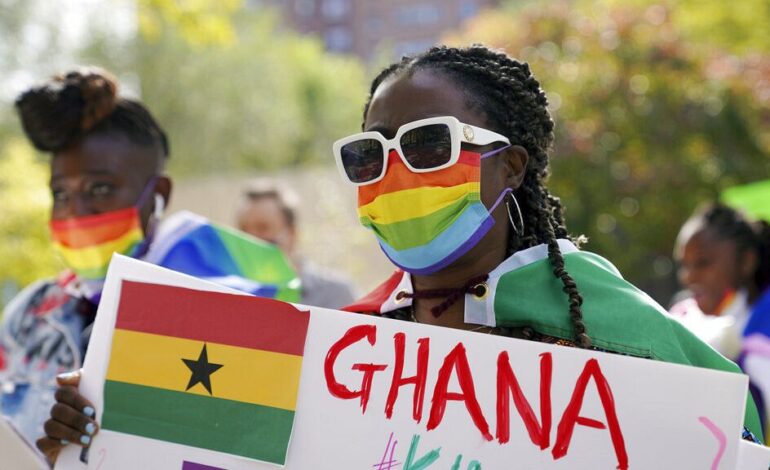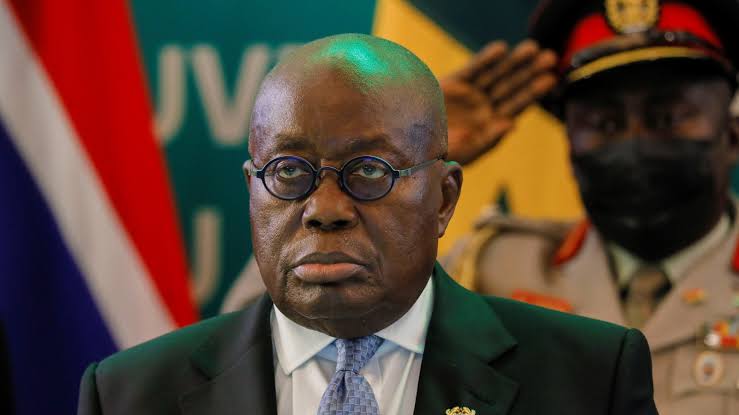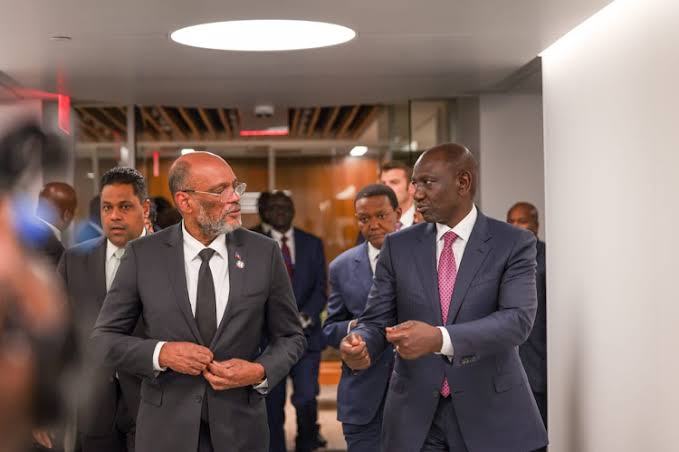
Faith Nyasuguta
Ghana’s parliament has recently passed a controversial Anti-LGBTQ+ bill, marking a culmination of about three years of deliberations.
This new legislation introduces severe penalties, including up to three years in prison for those identifying as LGBTQ+ and a maximum five-year jail term for individuals involved in forming or funding LGBTQ+ groups.
Despite attempts to amend the bill during the third reading, it received unanimous approval. The Speaker, Alban Bagbin, rejected proposed amendments, reinforcing stringent measures over alternative approaches such as community service and counseling.
This development sheds light on a growing resistance to LGBTQ+ rights within Ghana, a conservative West African nation. The bill is now awaiting President Akufo-Addo’s assent to become law, and he has previously expressed a willingness to sign it if it aligns with the majority’s wishes.
Amnesty International has raised concerns, emphasizing that the bill poses significant threats to the fundamental rights and freedoms of LGBTQ+ individuals. Activists fear the potential for witch-hunts against LGBTQ+ community members and advocates, prompting some to consider going into hiding.
The legislation not only introduces prison sentences but also targets those engaged in LGBTQ+ advocacy campaigns directed at children, proposing a jail term of up to 10 years.
Ghana’s move to criminalize LGBTQ+ activities aligns with a broader trend in some nations globally, including Uganda, where similar laws have been enacted.
In May last year, Uganda’s President Yoweri Museveni signed one of the world’s toughest anti-LGBTQ laws, including the death penalty for “aggravated homosexuality”, drawing Western condemnation and risking sanctions from aid donors.
Same-sex relations were already illegal in Uganda, as in more than 30 African countries, but the new law went further.
It stipulates capital punishment for “serial offenders” against the law and transmission of a terminal illness like HIV/AIDS through gay sex. It also decrees a 20-year sentence for “promoting” homosexuality.

These legislative developments highlight the ongoing struggles for LGBTQ+ individuals in various parts of the world, facing discrimination, persecution, and legal consequences due to their sexual orientation or gender identity.
The impact of such laws extends beyond legal penalties, fostering a climate of fear and suppression for those seeking to express their identities and advocate for their rights.
RELATED:




